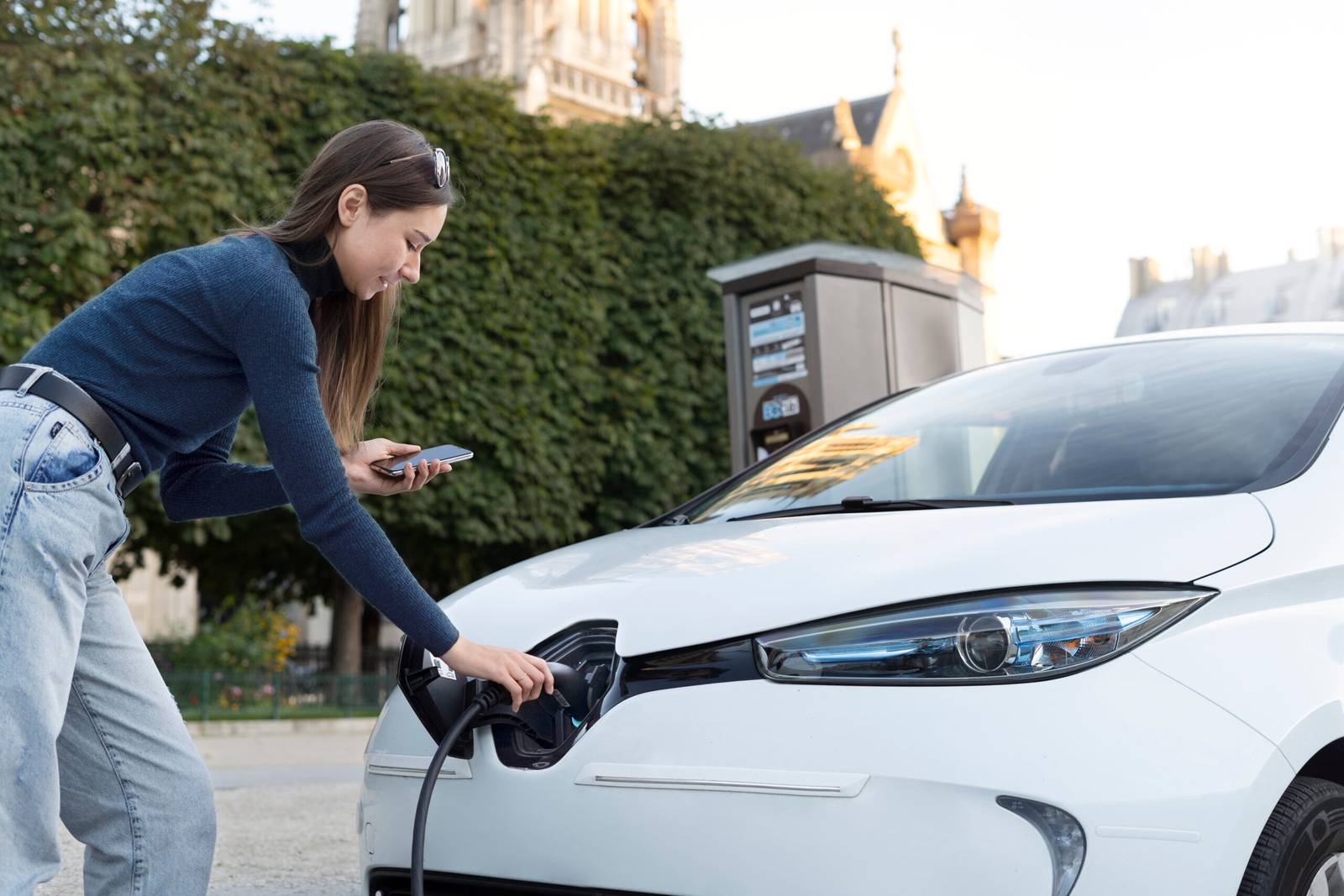The Impact of Tech on Electric Vehicles

by Web Digital
In the epoch of sustainable transportation, the amalgamation of technology and electric vehicles (EVs) is steering a revolution that transcends the automotive industry. This article delves into the multifaceted impact of technology on electric vehicles. Exploring innovations that range from battery advancements and charging infrastructure to smart connectivity and autonomous features.
Advancements in Battery Technology:
At the heart of the electric vehicle revolution lies the evolution of battery technology. Breakthroughs in battery materials, energy density, and longevity have significantly enhanced the driving range of electric vehicles. Solid-state batteries, in particular, hold the promise of increased safety, faster charging times, and extended lifespan. Addressing some of the key challenges that have historically limited the widespread adoption of EVs.
Charging Infrastructure and Range Anxiety:
The expansion and improvement of charging infrastructure play a pivotal role in alleviating range anxiety—the fear of running out of battery power during a journey. Technological advancements are enabling faster and more accessible charging solutions, from high-speed public charging stations to innovative home charging setups. Smart grids and energy storage technologies further contribute to the resilience of charging infrastructure, creating a more robust ecosystem for electric vehicle users.
Connected Vehicles and Intelligent Mobility:
The integration of smart connectivity in electric vehicles transforms them into connected devices, enabling a range of intelligent features. From over-the-air software updates and predictive maintenance to real-time traffic information and personalized driving experiences, connected EVs redefine the driving experience. The convergence of electric mobility with the Internet of Things (IoT) enhances not only individual vehicles but also contributes to the development of intelligent transportation systems.
Autonomous Driving and Electric Vehicles:
The intersection of autonomous driving technology and electric vehicles holds the promise of safer and more efficient transportation. Electric vehicles provide an ideal platform for autonomous features due to their integration with advanced sensors and software. The symbiotic relationship between autonomy and electrification is reshaping the future of transportation. With self-driving electric fleets poised to redefine urban mobility and logistics.
Innovations in Vehicle Design:
Technological advancements are influencing the design and materials used in electric vehicles. Lightweight materials, aerodynamic enhancements, and innovative manufacturing processes contribute to increased efficiency and reduced environmental impact. The integration of sustainable materials and eco-friendly production practices aligns with the broader goals of creating environmentally conscious transportation solutions.
Energy Efficiency and Sustainability:
The impact of technology on electric vehicles extends beyond the vehicles themselves to the broader energy ecosystem. Smart charging solutions, vehicle-to-grid technology, and the integration of renewable energy sources contribute to the overall sustainability of electric mobility. These innovations not only reduce the environmental footprint of electric vehicles but also create opportunities for a more sustainable and resilient energy infrastructure.
Challenges and Opportunities:
Despite the transformative impact, the widespread adoption of electric vehicles still faces challenges. Issues such as the standardization of charging protocols, the environmental impact of battery production, and the need for increased public awareness present hurdles to overcome. However, these challenges also present opportunities for collaboration, innovation, and the development of comprehensive solutions that address the holistic impact of electric vehicles on society.
Conclusion:
In conclusion, the impact of technology on electric vehicles is reshaping the landscape of transportation, driving us toward a more sustainable and connected future. From advancements in battery technology and charging infrastructure to the convergence of autonomy and electrification, the journey of electric vehicles is intrinsically tied to technological innovation. As we navigate this evolving terrain, it is crucial to recognize the interconnectedness of these advancements and their collective impact on creating a cleaner, more efficient, and intelligent transportation ecosystem. The tech-driven evolution of electric vehicles is not just about changing how we move; it’s about redefining our relationship with mobility and the planet.
Recommended Posts

How to Rank a Web Design Company in Toronto
September 25, 2025

The Basics of Conversion Rate Optimization (CRO) in Canada
September 25, 2025

Brand Building Strategies for the Canadian Market
September 25, 2025
